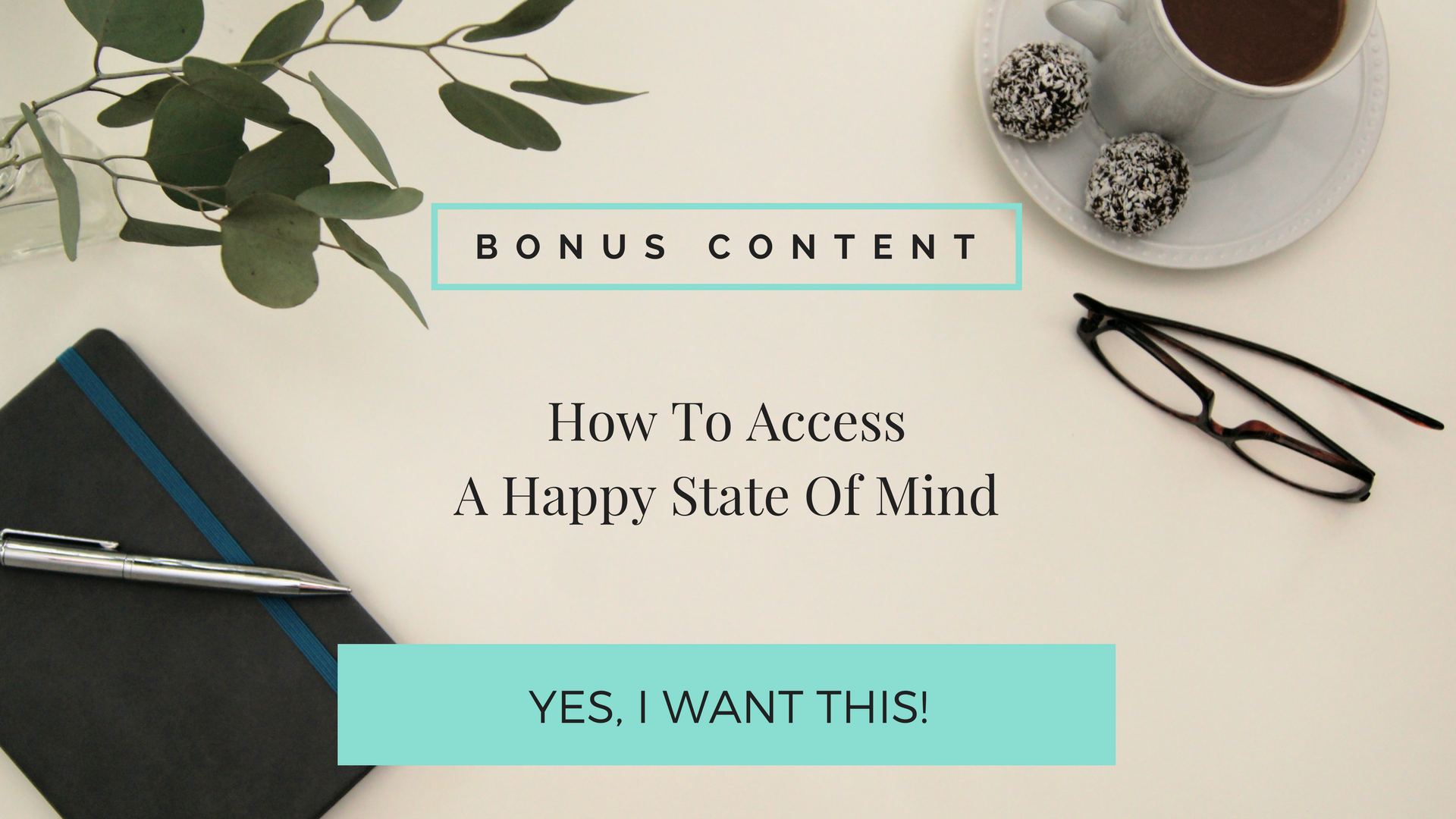#21 – Stories That Might Be Holding You Back
Our lives are filled with the stories we tell ourselves to make sense of our lives – but our stories might actually be creating our experiences. You can shape your experiences by managing the stories you tell yourself.
The biggest takeaways from this episode:
- Why we tell ourselves stories.
- How to know if you’re telling yourself a story.
- The 2 ways that our stories can undermine us.
- How to use stories for your benefit.
Hey there,
Welcome to the Style With Intention podcast. I’m so glad you’re here!
Today’s episode was inspired by a real-life experience I had with a friend last week. Sometimes, it takes another person’s perspective to show you something about yourself – which is what this episode is all about…seeing ourselves more clearly.
Listen in today to learn about the stories we tell ourselves. Everyone does this! It’s how we make sense of the world – but is can become a problem if we never stop and challenge our assumptions.
As always, my goal is to use what I’m learning to help you. I wrap up this episode with some thoughts on making your stories work better for you – to help you feel happier…because happy looks really, really good!

If you’d rather read, than listen, here’s
EPISODE #21
STORIES THAT MIGHT BE HOLDING YOU BACK
Welcome to the Style With Intention podcast, where we talk about how to use your personal style choices as a tool to create a life you love.
We believe choice is empowering, complacency is boring, and happy looks really, really good!
I’m your host, Annie Kip, and today we’re talking about stories. Not the stories you find in books and magazines or on Netflix. I do love a good story but today, we’re actually talking about the stories that we tell ourselves.
These are the stories we make up – to help us make sense of our lives.
You know you’re telling yourself a story when you’ve interpreted something that happened (like when you decide what someone else’s motives were) and when you’ve given something meaning, or sort of mentally declared an absolute (like “I always get sick” or “people are selfish”).
I do this, you do this, we all do this.
Our stories are a way for us to make sense of what goes on in our daily lives and to explain why things are the way they are. We all feel better when we understand why things happen and it makes us feel more in control when we can put our experiences into a category or give ourselves a reason for why things happen.
But I believe that this is a chicken and egg sort of problem – that the stories we tell ourselves can actually be creating our conscious experiences.
This was really made clear to me the other day, when I was on a walk with a friend. We had the same experience, but we came away with totally different stories about what happened.
On our walk, we came upon a little boy who had set up a table in his front yard and was selling some little pieces of art that he’d made. They were these things called “God’s eyes” and I remember making them in elementary school – you wrap yarn in and around two Popsicle sticks in a cross and it makes a pretty pattern. This boy was selling them for 50 cents each and he had few set out on his table.
Normally, my policy is to buy from kids who are industrious enough to set up a stand in their front yard – I want to support them so whether it’s lemonade or pet rocks or artwork or whatever – I will always buy one thing from them – but I didn’t have any money with me. My friend only had a $20 in her pocket, but she decided to give him the money in exchange for everything he had out on the table. The boy took the money, closed up his shop, and went inside.
As we were walking away, she wondered aloud whether the little boy realized that she had just given him such a gift – $20 for a few God’s eyes! His reaction wasn’t over the top, the way she sort of expected it to be. She said she was hoping to make this little boy feel like he was a really great artist and she hoped that making that much money would encourage him to keep making art. She thought his parents, when they realized he had a $20 bill, would probably be really grateful that a total stranger had come by and given their son so much money for his art.
Her “story” was totally different from mine.
I was thinking that the little boy didn’t react because he was feeling like he was getting away with murder – he got $20 for some little God’s eyes that he didn’t even put much effort into. I was thinking about how it sort of skews kid’s expectations – when people overpay kids – sort of like when everyone gets a trophy, just for showing up.
I was also thinking that the mom was probably annoyed that she had thought their son was all set with an activity that would occupy him for a few hours, outside on a sunny day, but now that he sold all his goods, he was probably back inside playing video games or bored and looking for something to do.
It was so funny to us to realize that we saw it so differently.
We each interpreted the events based on our own experiences and hopes and worries. We came away with totally different “stories” that seemed completely true and real to each of us.
It’s so interesting, but it also show how our stories can be limiting and that they can get in our way.
There are 2 ways that our stories can undermine us:
#1 We don’t even realize that we are telling ourselves a story.
We are completely unaware – that the way we interpret the world is really just our unique perspective.
My friend is an artist and she wants kids to be more creative and feel good about making art. She also wanted to give the kid a memorable experience, thinking how she would feel if she were that little kid. She thought the parents would see her generosity – the same way she saw the situation.
My belief is that we should encourage and support kids who set up stands and sell things – but that we shouldn’t give extravagant rewards and skew their expectations. I think that kids will benefit more from the experience of working for what they get and that giving them too much money too easily, sets them up for disappointment and frustration later, when they see that the real world doesn’t work this way.
My friend and I were amazed at how different our stories were around this one same experience.
We assumed that we saw it the same way, until we started talking about it.
Most of the time, it doesn’t even occur to us to second-guess our stories – we assume that there is no other way to see the situation, than the way we see it.
Not stopping to notice whether we are telling ourselves a story can really undermine our ability to work together with other people and develop relationships.
Seeing another person’s point of view is essential to understanding each other, to finding new ways to solve problems, negotiating win-win solutions, and just having compassion for each others experience of the world.
We don’t have to all see things the same way, but the more we can be aware that we tell ourselves stories and allow for other people’s different interpretations of same events, the more we can understand each other.
The second way that “stories” can undermine us, is:
#2 We believe our stories are absolutely true.
Not only do we not realize we are telling ourselves stories and creating meaning and context around an experience, but we just believe it’s the truth.
We feel this way, so we believe it is so.
As we’ve discussed on this podcast many times – Feelings are powerful, but they are not fact. For example, you can feel and therefore believe you are totally safe when you are actually in grave danger – and the opposite is true as well. Just because we feel something, does not make it true.
We feel so many things all day long and those feelings become thoughts – and if we don’t check in and challenge our assumptions, they become the stories we tell ourselves.
Our daily lives are filled with the stories we tell ourselves and those stories are creating our experiences.
For example, I have a really grumpy neighbor. We’ll call him Mr. Grumpypants. He is super obsessed with the property line between our houses. He’s gotten it into his head that the neighbors who abutt his land are trying to infringe on his property.
Now, our neighborhood is sort of open – the yards sort of flow into each other and we have a lot of those little rock walls that you see all over New England, showing approximately where the property lines are, but not a lot of fences. People are generally relaxed about the “line” and seem able to work it out if it seems like someone has made a mistake.
Mr. Grumpypants has told himself a story that is creating his experience.
He believes that he has to be on guard and is constantly looking for evidence that people are moving into his space.
This frames how he spends his time – measuring and carefully staking the line and putting up strings to show where the line is. Going out in his yard, anytime I’m outside to check on what I’m doing.
We have a really friendly neighborhood and we look out for each other – bringing food when people are sick, picking up packages and shoveling each other’s driveway when it snows if people are away. But Mr. Grumpypants is not friendly and the story he has told himself is making him more and more paranoid and isolated.
I’ve actually put up a hedge to give myself some privacy and to minimize my exposure to his negativity. The hedge has now grow tall and is blocking the sun in his backyard, so the story he has told himself has created a real life situation where he has more and more reasons to be grumpy.
Mr. Grumpypants believes his story that people are out to get him and so he looks for proof that this is true.
He misinterprets and makes assumptions about other people’s motivations, and his conscious experience is filled with evidence that his story is true.
So, if stories are this powerful, why not use them to make your life better?
You know, none of the stories we tell ourselves are necessarily true. They aren’t fact or even rational all the time. We make them up based on our own experiences, our fears, our worries – yet we walk around every single say, believing our stories and acting upon them.
So, why not choose a story that helps you be happier?
Instead of believing that the person who cut you off in traffic did it on purpose, you could just as easily believe that they didn’t realize that they did it.
Instead of telling yourself the story that you’re bad at public speaking and that you’re going to be nervous, you could just as easily believe that your presentation is going to go well.
I wonder how that might positively affect your experience.
Maybe you would still be nervous while you’re speaking, but you wouldn’t waste time focusing and worrying about it beforehand. And maybe you would actually be less nervous.
Instead of telling yourself the story that your day is going to be crappy, you could just as easily believe that something wonderful is going to happen to you today.
A positive expectation has so much more potential for creating a happy experience than a negative expectation.
I think we tend toward the negative stories because we don’t want to be disappointed. Or wrong. But you’ll have a much better chance of having a good experience if you choose to believe the stories that make you feel happier.
We can tell ourselves stories which will actually benefit us – giving us less stress, more positivity, and a sense of eager hopefulness.
Tell yourself the story that other people mean well.
Tell yourself the story that you are special and capable of big things.
Tell yourself the story that everything that happens is working together for your good.
Developing this outlook can only help you.
The negative stories are definitely not helping. Throw yourself into this practice and I bet you’ll start to see evidence that your positive stories are true.
Tomorrow morning, tell yourself a story that it’s going to be a really good day.
Diligently look for proof that it’s true – and find evidence that what you really want to be true is true…that people are kind, that you are unique and special, that the world is a good place and wonderful things are waiting right around the corner for you…
Put your focus on this story and I’m pretty sure you’ll be able to find evidence to support it, just as easily as you can find evidence to support any other less helpful story you tell yourself.
Come drop me a note on my website – www.anniekip.com – and let me know how you’re changing the stories you tell yourself.
Until next week, keep on making your life more the way you want it to be. Bye, bye for now!
* EXTRA BONUS CONTENT *
_____
Be sure to download the Bonus Content for this episode!
Header image by: Dmitry Ratushny
Notes:





